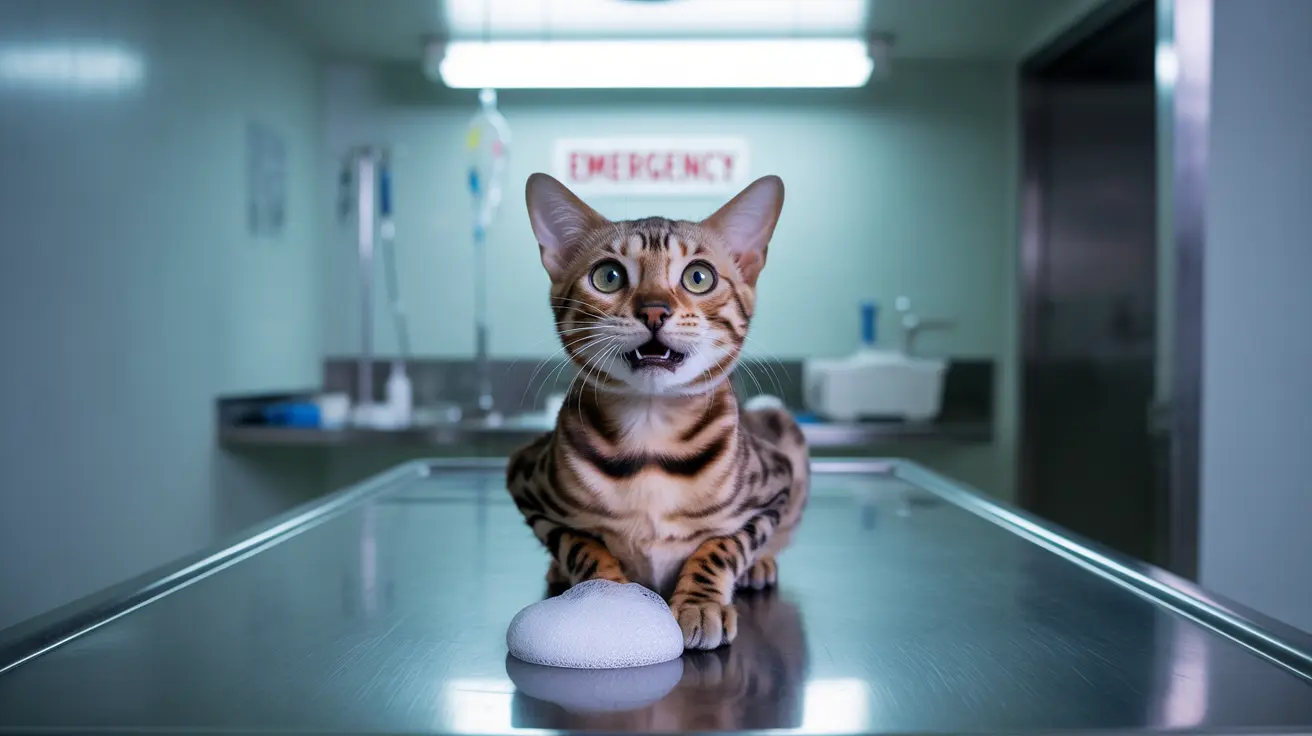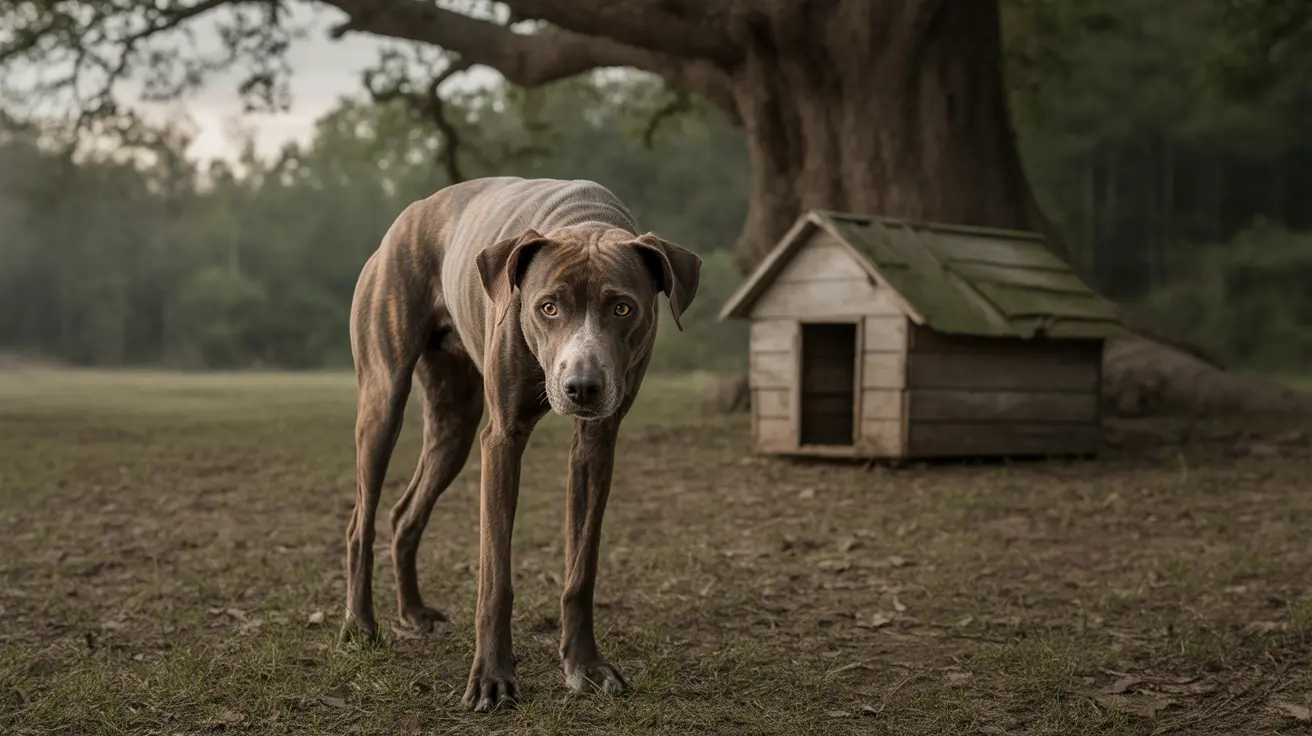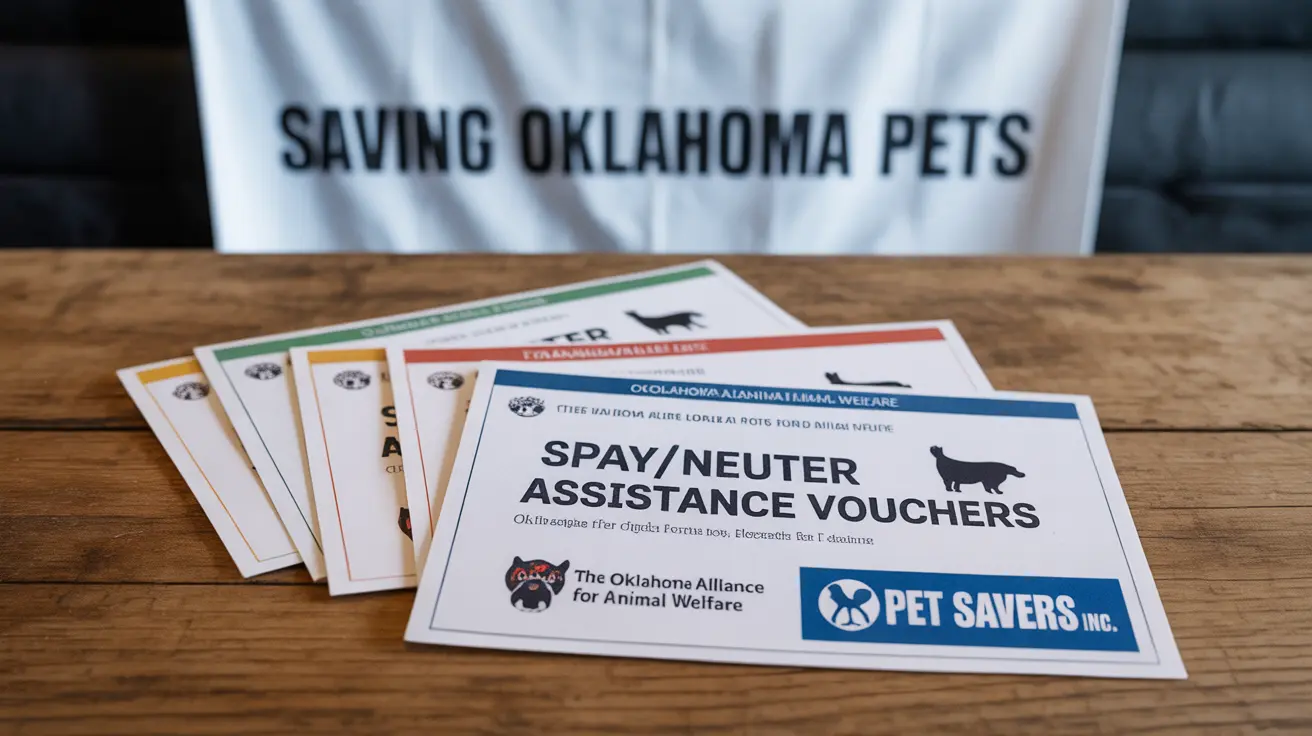When you notice your cat foaming at the mouth, it can be an alarming sight that causes immediate concern. This concerning symptom can range from mild issues to serious medical emergencies, making it crucial for cat owners to understand the potential causes and know when to seek veterinary care.
In this comprehensive guide, we'll explore the various reasons behind cat foaming at the mouth, help you identify warning signs, and provide expert guidance on when to seek immediate medical attention for your feline friend.
Common Causes of Cat Foaming at the Mouth
Dental Disease and Oral Health Issues
One of the most frequent causes of foaming at the mouth is dental disease. Poor oral health, including gingivitis, tooth decay, and oral infections, can lead to excessive drooling and foaming. Signs of dental problems often include bad breath, difficulty eating, and visible inflammation of the gums.
Nausea and Digestive Issues
Cats may foam at the mouth when experiencing nausea or digestive upset. This can be triggered by hairballs, dietary changes, or more serious gastrointestinal conditions. Watch for additional symptoms like vomiting, reduced appetite, or lethargy.
Emergency Situations Requiring Immediate Care
Toxic Exposure
If your cat has ingested something toxic, foaming at the mouth may be one of the first warning signs. Common household items that can cause poisoning include:
- Toxic plants (especially lilies)
- Household cleaners
- Human medications
- Pesticides or rodenticides
Serious Medical Conditions
Several severe medical conditions can cause foaming, including:
- Rabies (in unvaccinated cats)
- Seizure disorders
- Respiratory distress
- Advanced systemic diseases
When to Contact Your Veterinarian
Seek immediate veterinary care if your cat's foaming is accompanied by:
- Difficulty breathing
- Collapse or extreme lethargy
- Seizures or tremors
- Repeated vomiting
- Signs of severe pain
- Changes in behavior or mental state
Prevention and Management Strategies
Regular Dental Care
Maintain your cat's oral health through:
- Regular veterinary dental check-ups
- Daily tooth brushing (using cat-specific products)
- Dental treats and toys designed for oral health
Environmental Safety
Protect your cat by:
- Keeping toxic substances out of reach
- Removing poisonous plants from your home
- Ensuring proper vaccination status
- Managing potential stress triggers
Frequently Asked Questions
What are the most common causes of a cat foaming at the mouth?
The most common causes include dental disease, nausea, anxiety, exposure to toxic substances, and reactions to bitter-tasting medications. Some cats may also foam at the mouth due to motion sickness or stress.
When should I be worried and take my cat to the vet if it is foaming at the mouth?
Seek immediate veterinary care if the foaming is persistent, accompanied by other symptoms like lethargy, vomiting, or difficulty breathing, or if you suspect your cat has ingested something toxic. Any sudden or unusual foaming should be evaluated by a professional.
How can dental disease lead to foaming at the mouth in cats?
Dental disease can cause inflammation, pain, and infection in the mouth, leading to excessive drooling and foaming. The condition may be accompanied by bad breath, bleeding gums, and difficulty eating.
Can anxiety or stress cause my cat to foam at the mouth, and how can I help?
Yes, stress and anxiety can cause foaming at the mouth in cats. Help your cat by providing a calm environment, using pheromone products, and gradually acclimating them to stressful situations. Consult your vet about anti-anxiety medications if needed.
What toxic substances commonly cause foaming at the mouth in cats and what are the emergency signs?
Common toxic substances include household cleaners, antifreeze, toxic plants (especially lilies), and human medications. Emergency signs include immediate foaming, vomiting, tremors, difficulty breathing, and collapse. Seek immediate veterinary care if poisoning is suspected.
Conclusion
While cat foaming at the mouth can be concerning, understanding its potential causes and knowing when to seek veterinary care is crucial for your pet's well-being. Always err on the side of caution and consult your veterinarian if you're unsure about the severity of your cat's condition.
Remember that prevention through proper dental care, environmental safety, and regular veterinary check-ups is the best way to protect your cat from many conditions that cause foaming at the mouth.






